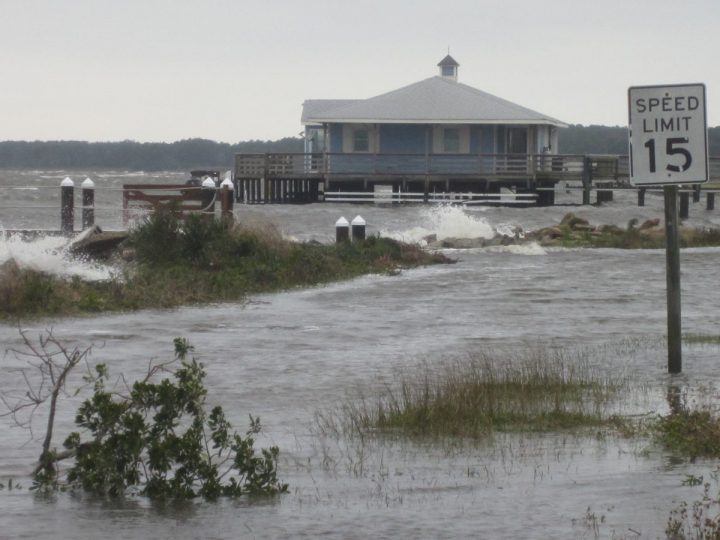
The comprehensive plan to address North Carolina’s vulnerability to climate change has been submitted to Gov. Roy Cooper. The state Department of Environmental Quality, on behalf of the Climate Change Interagency Council, submitted the North Carolina Climate Risk Assessment and Resilience Plan officials announced Tuesday.
“Climate change impacts the health, safety, and financial stability of North Carolinians, and we must take it head on. A resilient North Carolina is a stronger and more competitive North Carolina,” said Cooper.
Directed by Executive Order 80 that was signed by the governor in October 2018 and established the Climate Change Interagency Council, the 2020 Resilience Plan describes next steps for implementing and updating resilience initiatives.
This plan is a framework to guide state action, engage policy-makers and stakeholders, and facilitate collaboration across the state. The plan also focuses the state’s attention on climate resilience actions and addresses underlying stressors such as the changing climate, aging infrastructure, socioeconomic disparities and competing development priorities, according to NCDEQ.
The plan is the result of 11 months of stakeholder engagement and collaborative work with federal partners, state universities, local governments, community planners, nongovernmental organizations, climate justice leaders, stakeholders interested in nature-based solutions and other interested partners.
The plan builds on the state’s continued work in this area and establishes the North Carolina Resilience Strategy, which includes four elements: the North Carolina Climate Science Report, State Agency Resilience Strategies, statewide Vulnerability Assessment and Resilience Strategies, and the North Carolina Enhanced Hazard Mitigation Plan.











